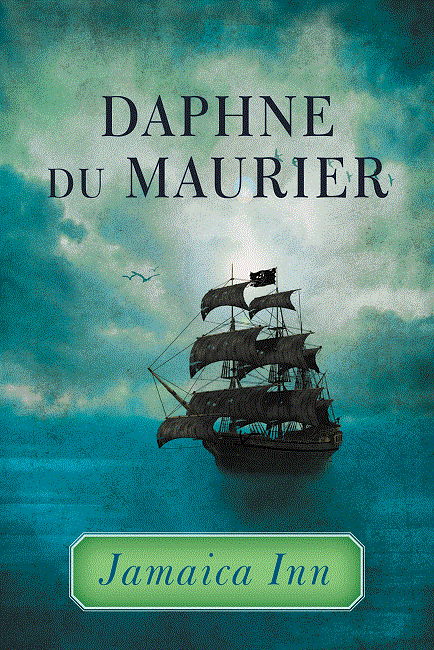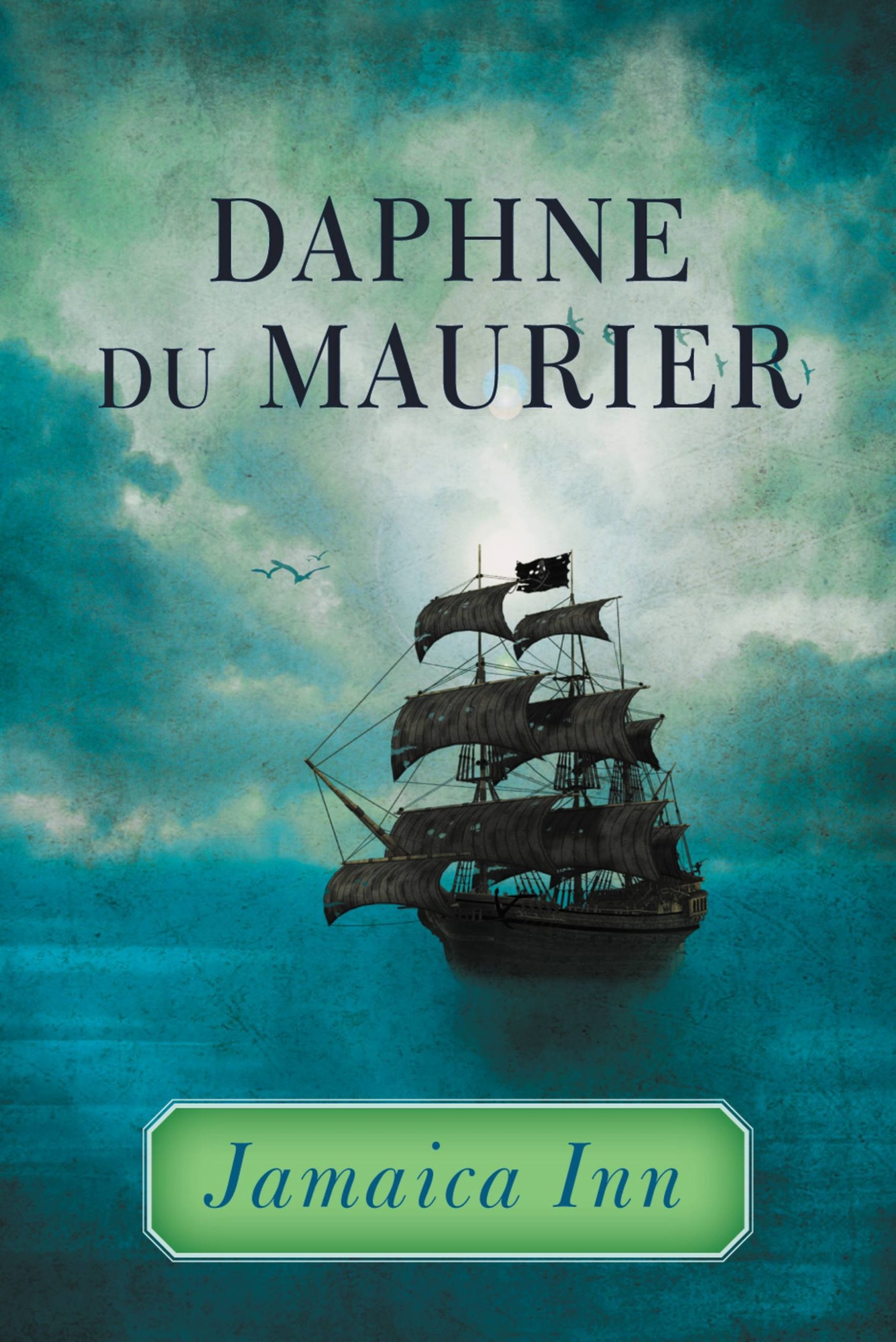Book Review: Jamaica Inn by Daphne du Maurier
Mary Yellan grew up on a farm near Helford in Cornwall. Her father died when she was very young, so Mary worked hard with her mother to keep the tiny place going. Hard times came and wiped out their livestock, and Mary’s mother’s heart gave out. The farm was sold for a pittance, and Mary at three-and-twenty is going to live with her Aunt Patience in Bodmin, a bit over forty miles away on the moors. Except that when contacted, Patience indicated that she and her husband Joss Merlyn now live in Jamaica Inn, halfway between Bodmin and Launceston. The coachman reacts badly when he learns Mary’s destination.

It seems that Jamaica Inn, despite the fanciful name, has an evil reputation. It no longer takes lodgers, is almost never open to visitors, and the coaches no longer stop but hurry by as though afraid. Even when Mary stands her ground on going there, the coachman only drops her nearby in the pouring November rain.
Mary is uncouthly greeted by the landlord of the inn, her uncle Joss, a mountain of a man at nearly seven feet tall and broad of shoulder. He’s a man of black moods and violent tendencies, whose primary admitted weakness is binge drinking. Her Aunt Patience is much changed from the vivacious woman Mary remembers, faded and nervous, a shadow to her husband. But because Patience needs her help, and she really doesn’t have anywhere else to go, Mary decides to stay.
There’s a locked room with boarded-up windows that no one is allowed into, and once a week the bar of the inn comes alive with a villainous-looking company. Despite warnings from Joss to see and hear nothing, Mary quickly grasps that Jamaica Inn is a storage house for smuggled and stolen goods, and her uncle is the self-proclaimed leader of the large gang.
Mary also meets Joss’ much younger brother Jem Merlyn, horse thief and handsome rascal. Despite her suspicions and his rough behavior, Mary finds herself falling in love with Jem. She also meets the local vicar, Francis Davey, an albino who is gentle and cool, but reminds her that she has no solid evidence of Joss Merlyn’s criminal activities, so she needs to get that and then he can help her.
Things come to a head on Christmas Eve, when Mary witnesses what her uncle and his gang are willing to do to get loot. They are wreckers, who deliberately deceive ships into crashing, and murder anyone who doesn’t drown to get the cargo and any other valuables. Fast upon this horrific scene comes more and more danger. Will Mary survive, and if she does, who will be by her side?
This 1936 novel was written by Daphne du Maurier after visiting the real-life Jamaica Inn, which still exists in Cornwall, and heard stories of its wicked past. While the locations are real, all the people and the specific events were entirely fiction inspired by the legends.
While the timeframe is quite short, November 1820-January 1821, the novel is a slow burn as Mary finds out more about Jamaica Inn and explores the surrounding moors. Once the action kicks in, though, there’s little time to rest. There’s genuine suspense as Mary slowly realizes she may have trusted the wrong person.
Mary’s a very spunky young woman for 1820, and takes a lot of initiative. Her farm work has given her a lot of endurance and an independent nature, and she’s courageous, standing up to dangerous men despite her fears. It’s mentioned several times that she’d do quite well in the world if she were a man, and she’s chagrined when after growing up with no silly girlish emotions, suddenly she’s falling in love with Jem for no good reason.
Jem is a bit harder to figure out, both because we’re seeing him only from Mary’s perspective, and because the story necessarily requires some mystery. He’s certainly not the sort of fellow you’d take home to Mother, but better than Joss by a long shot, and perhaps things will work out for them after the story ends.
And the true villain is chilling in his nature and ability to hide in plain sight.
Note that the 1939 Alfred Hitchcock movie of the same name changes some plot points, and both he and Ms. du Maurier disliked it.
Content note: Joss describes his previous murder of a mother and child, among many of victims of his wrecking activities. Joss is emotionally abusive towards Patience, and may have physically abused her in the past. There’s some forcible kissing, only one of which is followed up by better behavior. Mary freaks out a bit about Francis Davey’s albinism, although she also scolds herself for prejudice about his appearance.
Overall: A pretty good historical novel. I’d recommend it most to fans of early 19th Century British settings.

